Prison Narratives is a collection of reports based on the testimonies of current and former prisoners. The narrators are both prisoners of conscience and people who have been detained for “ordinary," non-political crimes. This report is from Greater Tehran Penitentiary, otherwise known as Fashafuyeh, where tens of thousands of older people are locked up alongside younger, more able-bodied inmates.
***
“Mr. Yousefi, who’s 67, is on the ward for financial crimes. He was convicted for writing bad checks and he’s been in prison for two years now. In that time he’s been kept on four or five different wards.
“His hair is completely white. The prison has given him permission to use a cane for walking. At nights, he usually sits next to the restroom and reads a book under the bathroom light. He walks with a cane in the corridor, slowly and with a bent back; they’ve given him the lower bunk in the cell.
“Every night they give him his medication, but sometimes the clinic runs out, and he might not get any for a whole week. The cellmates know this and buy him the meds from outside, and give them to the dog [a smuggler] to bring in.
“He has no income and has to eat the prison rations. His cellmates know this and put more in his bowl, and sometimes another inmate shares his food with him. His illness requires better food but prison is no place for such niceties.”
“He is hard of hearing. He’s happy about that, of course; he says he doesn’t have to listen to our nonsense.”.
Saeed is Mr. Yousefi’s cellmate, and speaks to IranWire from inside Greater Tehran Penitentiary. The old man’s case, he says, has been referred to a judge who has consistently delayed reviewing it even despite his disastrous financial situation. “Last month the judge rejected his insolvency plea because the witnesses had ‘come to the court too late’. The whole prison is witness to his lack of funds but the judge has put it off another four months.”
Iran’s Prisons Organization has not published reliable data on the number of elderly prisoners in the country. But anecdotal evidence suggests they make up a considerable proportion of the jailed population, and face daily struggles not experienced by their younger peers: hearing and sight loss, mobility problems, ailing health or dementia, to name a few. There are few recorded instances of judges having taken this into account in their sentencing.
When Prison Becomes a Hospice
The Prisons Organization, current inmates say, does not follow even its own regulations on meeting the spatial and medical needs of the elderly. Reza, another inmate at Fashafuyeh, told IranWire of his own acquaintance, a 73-year-old Mr. Miri: “He’s almost blind. One eye is totally gone; the other doesn’t see much.
“He’s in prison because he can’t pay a debt. He only leaves his cell to go to the lavatory; he stretches out his hand, straight forward, and somebody comes to his aid and takes him to the bathroom. Some nights, of course, there’s nobody to help him.
“One inmate gives him a bath once every week and another helps him to eat food. Mr. Miri is a perfect example of somebody who can’t take the punishment, but we don’t know where in the court procedure his case has got stuck. It takes a long time to rule that somebody isn’t fit for prison.”
Still another inmate, Mohammad, tells IranWire of his own elderly cellmate, affectionately known as Uncle Ali. “No matter how hard we try to get permits to buy him Easy Life [adult diapers], they won’t allow it.
“He worked at the [Tehran] Bazaar his whole life. Even some inmates knew him from outside called him Uncle Ali. We held mourning ceremonies for his wife, God rest her soul, right here in prison. It aged him even more.
“After a while he lost control of his bowels at night. It would wake up all 20 cellmates. Of course, no-said anything. If anybody had, I would have broken his teeth myself. But, well, he also knew what was happening, and it devastated him.
“He was in prison for bounced checks. One day he told me to ask for his transfer to another ward. I did it for him, and when he was transferred, I asked the inmates in the upper ward to take care of him.”
From daily injections of insulin for the diabetics to the taking of blood pressure to emergency treatment for heart attacks and strokes, the elderly need special care. The Iranian judiciary, all celmates insist, is not providing for them as it should. A last interviewee told IranWire of his own aged cellmate: “Mr. Amir always sat in a chair outside our cell and talked to his grandchildren on the phone.
“He didn’t talk all that much with others, and I only heard him then. He was allowed to walk with a cane. One night he had a heart attack at night and told his cellmates; one went to the prison clinic but there was no doctor there. He told Amir he’d take him come morning. But when morning came, it was too late.”
This article was written by a citizen journalist under a pseudonym.
visit the accountability section
In this section of Iran Wire, you can contact the officials and launch your campaign for various problems




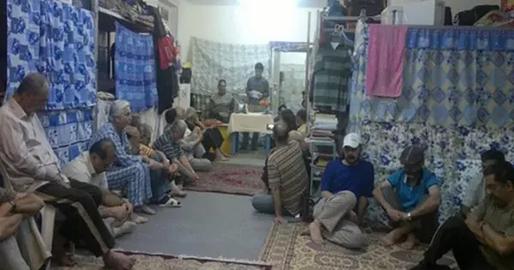
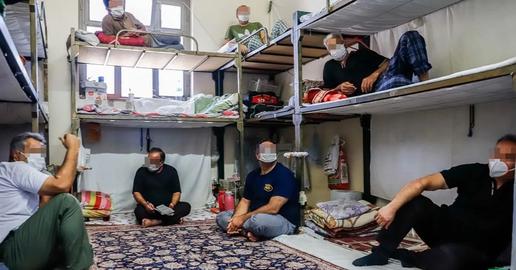


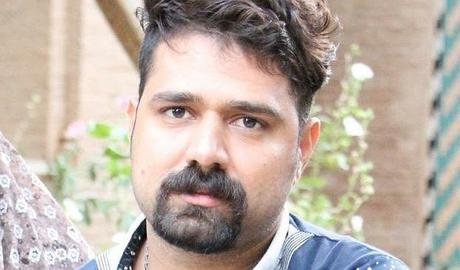

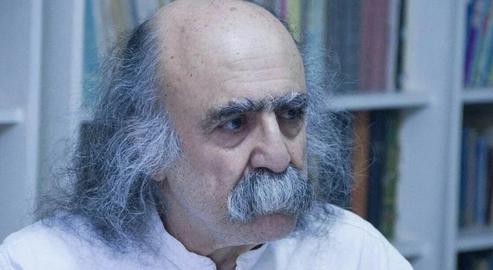
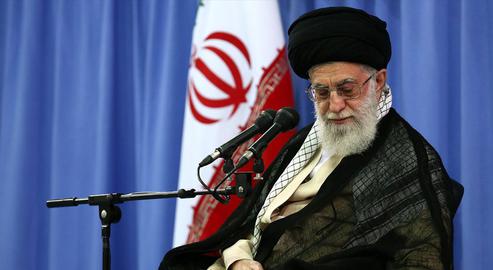


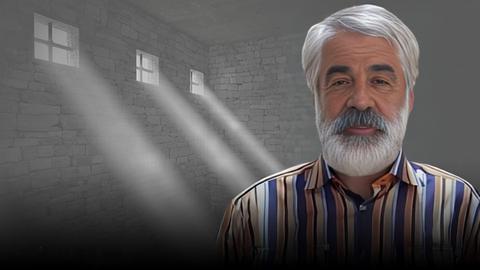

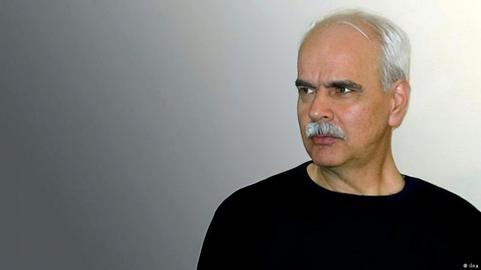


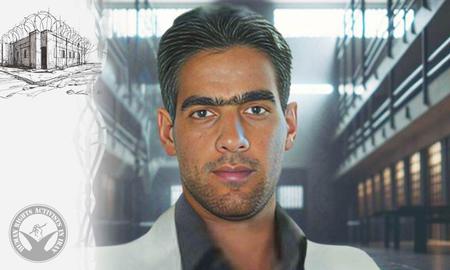


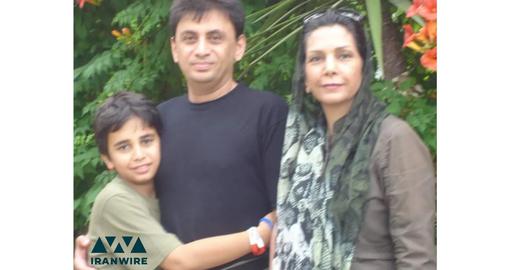
comments